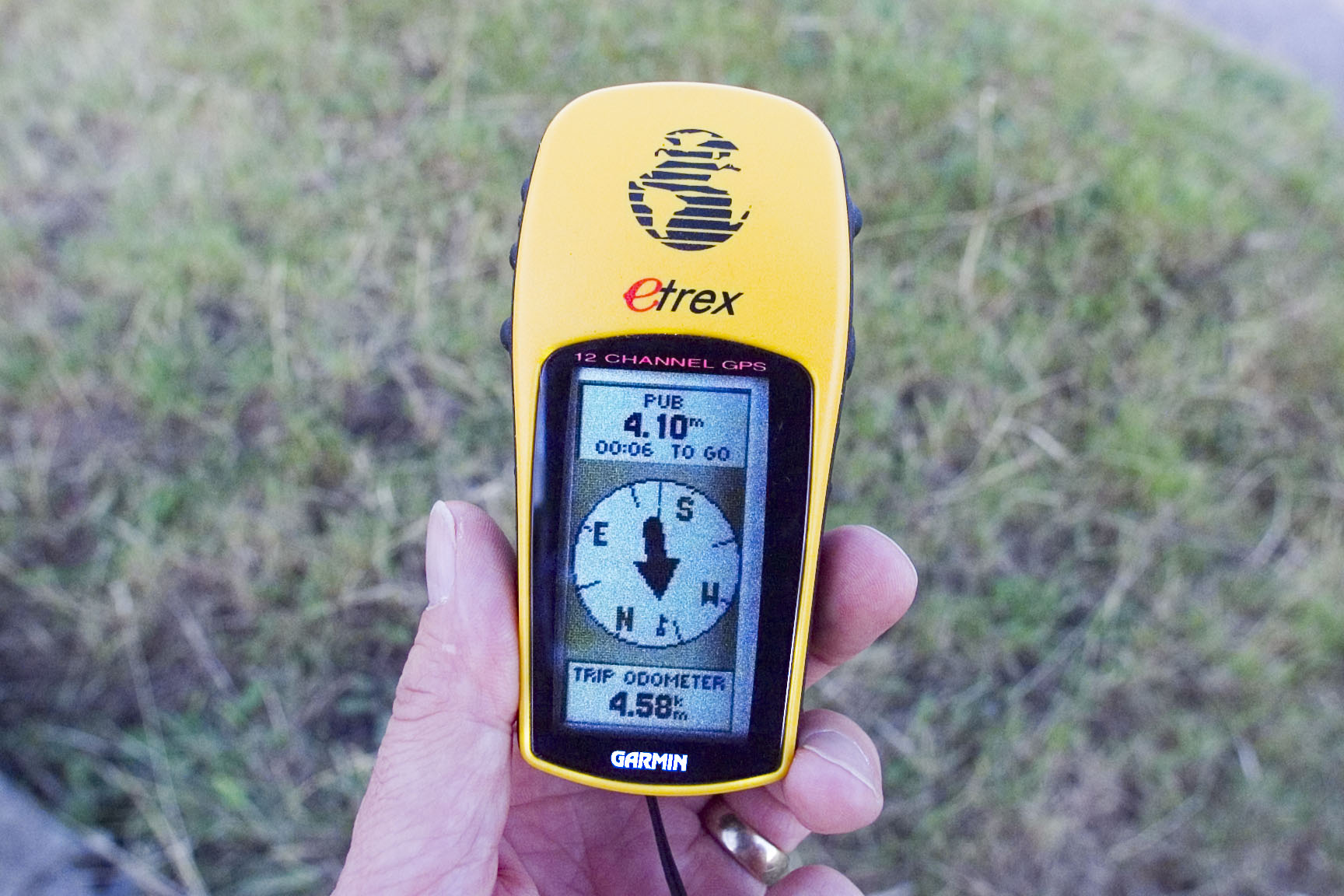 A troubled European alternative to the American GPS satellite-navigation system should be scrapped if it can’t be funded by private capital, according to a leading parliamentarian.
A troubled European alternative to the American GPS satellite-navigation system should be scrapped if it can’t be funded by private capital, according to a leading parliamentarian.
Gwyneth Dunwoody, chairman of the Transport Select Committee, warned against spending billions of pounds on an unnecessary project. The Galileo system, a rival to the US-military-run Global Positioning System, is seriously behind schedule.
Handheld GPS receiver: a boon for walkers
Galileo should have been functioning next year, but has so far only put one test satellite in space. It should run with up to 30 orbiting units. It was intended to free users from control of American authorities, who could, in theory, turn off or degrade the GPS signal for civilian users. The European Commission (EC) and the European Space Agency are both involved in the system.
But there are now serious doubts over the financial benefits offered by Galileo, and European Governments are being asked to divert £1.7bn of unclaimed agricultural subsidy money to the project to rescue it.
GPS units are widely used by walkers to aid navigation and new gadgets are being developed with mapping included which many maintain will obviate the need to use paper maps in the future. If the Galileo system were to become operational, existing GPS units would have to be either updated or substituted to use the new satellite signals.
GPS systems in cars and commercial vehicles are also used to guide motorists to their destination and to lead large European lorries up narrow country lanes.
Ms Dunwoody said: “What taxpayers in the United Kingdom and other European countries really need and want is better railways and roads, not giant signature projects in the sky.
“The Commission is poised to spend billions of taxpayers' money on a satellite system without any realistic assessment of its costs and benefits. The Government must stop this folly and endeavour to bring the European Commission to its senses.”
This summer, a consortium of private-sector companies refused to stump up the two-thirds cost of launching satellites, hence the commission’s desire to plunder the agricultural pot, which would otherwise be returned to member governments.
The EC has been coy about the military applications of Galileo, saying it will free commercial users and the public from the threat of withdrawal of a satellite-navigation service run by the American administration.
As recently as May, 2000, the then president Bill Clinton announced that Selective Availability, a deliberate fudging of the satellite data which meant civilian GPS receivers’ accuracy was diminished, was being turned off. Until then, GPS readings could be anything up to 30m out. The capability to introduce the deliberate inaccuracy still exits.
The Russian Government also operates a satellite navigation system, Glonass, which is only partially operational but which the Putin administration has pledged to restore to full working order.